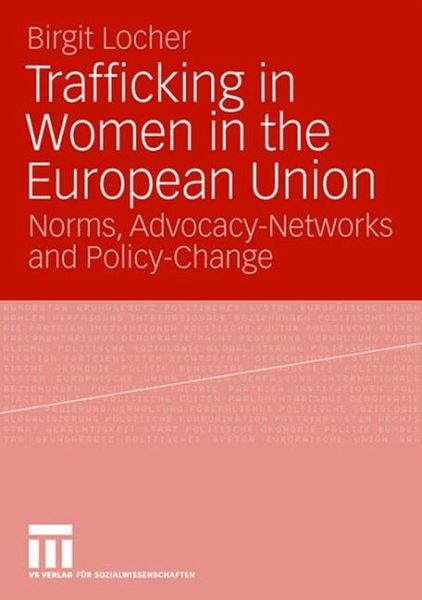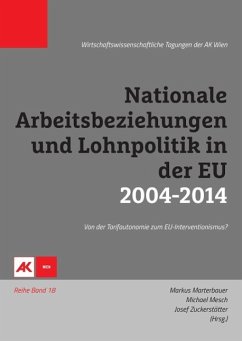
Trafficking in Women in the European Union
Norms, Advocacy-Networks and Policy-Change
Versandkostenfrei!
Versandfertig in 6-10 Tagen
53,49 €
inkl. MwSt.

PAYBACK Punkte
0 °P sammeln!
Trafficking in women has become a severe human rights problem in the European Union. Cur-rently the trade in human beings generates higher profits than trafficking drugs or weapons. The book describes the history and the dimension of the phenomenon in the EU. It centers around the question, when, how and why the European Union started to fight trafficking in women. The author argues that it has been due to power of international norms, successfully operating advo-cacy-networks and favorable political opportunity structures that the problem could draw public and political attention.














